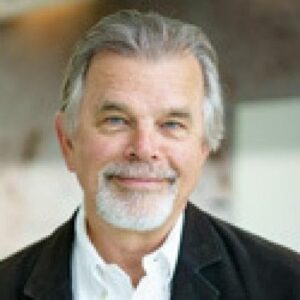Population Research Discovery Seminars

Understanding Breast Cancer as a Complex System
Robert Hiatt, Professor, Department of Epidemiology and Biostatistics at University of California, San Francisco; Associate Director of Population Sciences at Helen Diller Family Comprehensive Cancer Center
Register for Zoom Seminar HERE
01/22/2021
12:30-1:30 PM PT
Since breast cancer is the most common female cancer worldwide and the second leading cause of death from cancer in the United States, it is not surprising that there has been an enormous amount of research done on this cancer to understand its origins and how to prevent and treat it successfully. This corpus of research has created a very complex picture of breast cancer etiology. Research has shown that multiple factors work at multiple levels from biologic to environmental and societal over time to result in markedly different incidence rates by race, ethnicity, socioeconomic status, region and country. This complex social patterning has made breast cancer ideally suited for modeling studies, given the absence of any dataset large, detailed, and diverse enough to have included all the relevant causative factors in women over their life course. We developed the Paradigm Model to illustrate this complexity including 96 different variables and now have an agent-based model of breast cancer of females in the State of California with a subset of these variables that will allow us to assess the theoretical impact of population-level policy interventions on obesity, environmental toxins, income redistribution and other factors on breast cancer incidence.
Robert A. Hiatt, M.D., Ph.D., is Professor of the Department of Epidemiology and Biostatistics and immediate past Chair at UCSF and the Director of Population Science and Associate Director of the UCSF Comprehensive Cancer Center. His research interests include cancer epidemiology, especially breast cancer, cancer prevention and screening, health services and outcomes research, the social determinants of cancer, and environmental exposures in early development related to cancer. His central focus at UCSF is building a strong transdisciplinary research and training program in epidemiology with a focus on cancer population sciences. He is also an Adjunct Professor, Division of Epidemiology, University of California Berkeley and Adjunct Investigator at the Division of Research, Kaiser Permanente Medical Care Program in Oakland. From 1998 to early 2003 he was the first Deputy Director of the Division of Cancer Control and Population Sciences at the National Cancer Institute, where he oversaw cancer research in epidemiology and genetics, surveillance, and health services and outcomes research. He is a past president of the American College of Epidemiology and the American Society for Preventive Oncology.